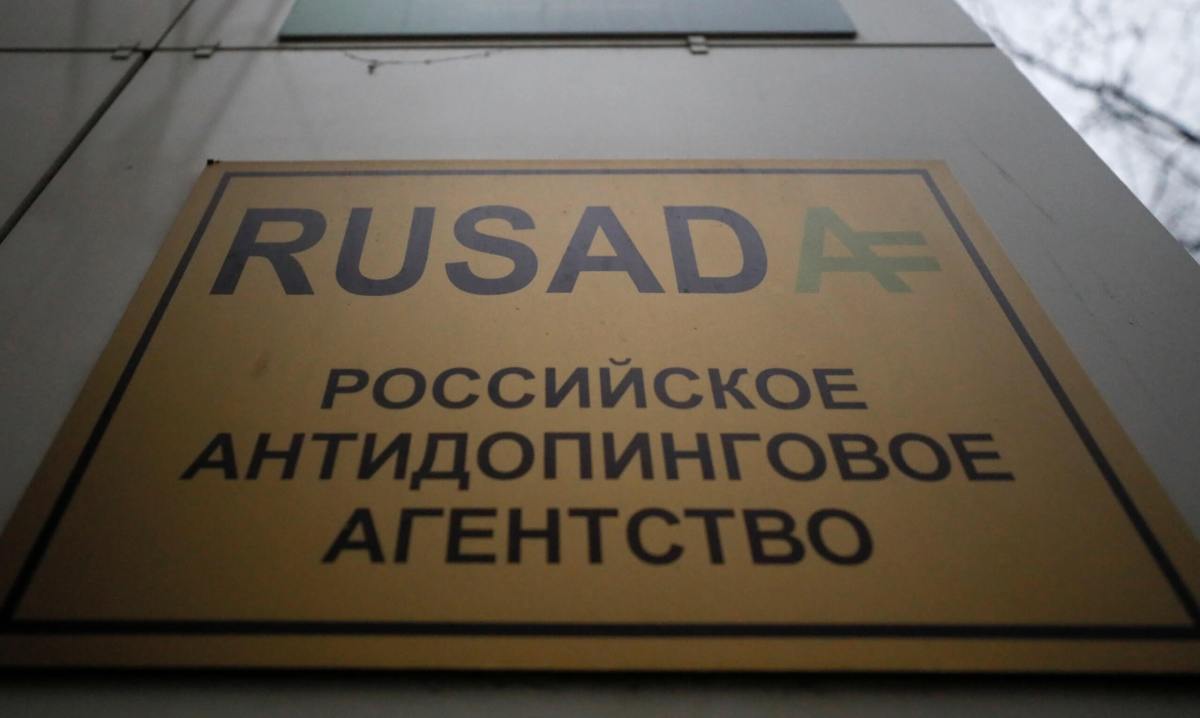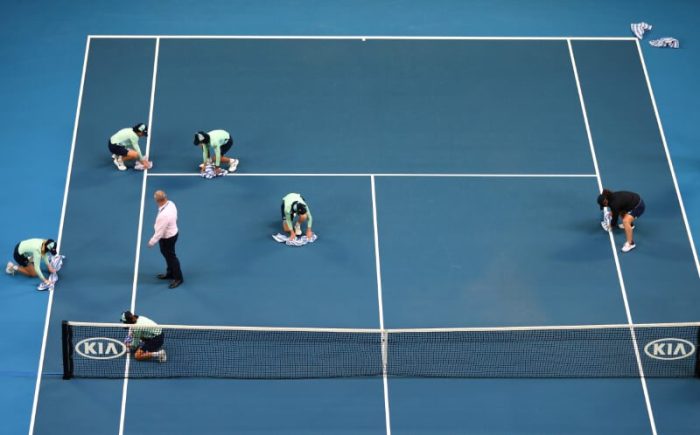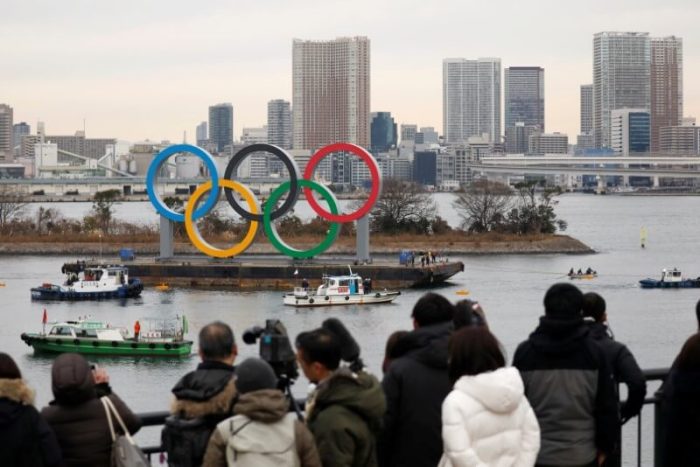By Gabrielle Tétrault-Farber
MOSCOW (Reuters) – A Russian anti-doping agency official said on Friday that Viktor Chegin, a prominent race walking coach serving a lifetime doping ban, is continuing to work with athletes at training camps.
Chegin was banned for life in 2016 after a report commissioned by the World Anti-Doping Agency (WADA) found there was a “systematic doping regime” under his influence at a training facility in the city of Saransk, some 600 km east of Moscow.
But the 57-year-old continues to coach despite athletes being forbidden from receiving training, strategy, nutritional or medical advice from banned coaches or medical staff, said Margarita Pakhnotskaya, deputy head of the Russian anti-doping agency RUSADA.
“Chegin is working to this day,” she said. “He is hidden by security guards. He walks around in a hood and glasses. He changes vehicles. To catch him we would need the police, a law enforcement operation, wiretaps and so on.”
Reuters could not independently confirm her account and Chegin could not immediately be reached for comment.
Reuters reported last year that Chegin had won a combined 8.5 million roubles ($130,000) in state contracts since his ban to provide security at a sports venue where he was formerly head coach.
Although that business arrangement is not prohibited under anti-doping rules, it raises questions as to why Russia, which says it has reformed its practices, continued to back a high-profile coach serving a life ban.
The contract awarded to Chegin’s firm was voided following Reuters’ report. The company has since changed its name and owner.
The race walkers in Chegin’s charge used blood transfusions, in violation of doping rules, and took banned substances, according to the WADA-commissioned report.
In 2018 five Russian race walkers were stripped of their clearance to compete internationally as neutrals pending further investigation of their participation in a training camp with Chegin in Kyrgyzstan.
Russia’s athletics federation was suspended in 2015 over evidence of institutionalized doping in the sport.
World Athletics, the global governing body of athletics formerly known as the IAAF, halted Russia’s reinstatement process in November last year.
The decision came after the federation’s president and six other people were provisionally suspended for having provided forged documents to justify a whereabouts violation by high jumper Danil Lysenko.
Russia is also in the process of appealing a four-year ban from competing under its flag at major international events, including this year’s Tokyo Olympics, as punishment for having provided WADA with doctored laboratory data.
(Reporting by Gabrielle Tétrault-Farber; Editing by Toby Davis)























